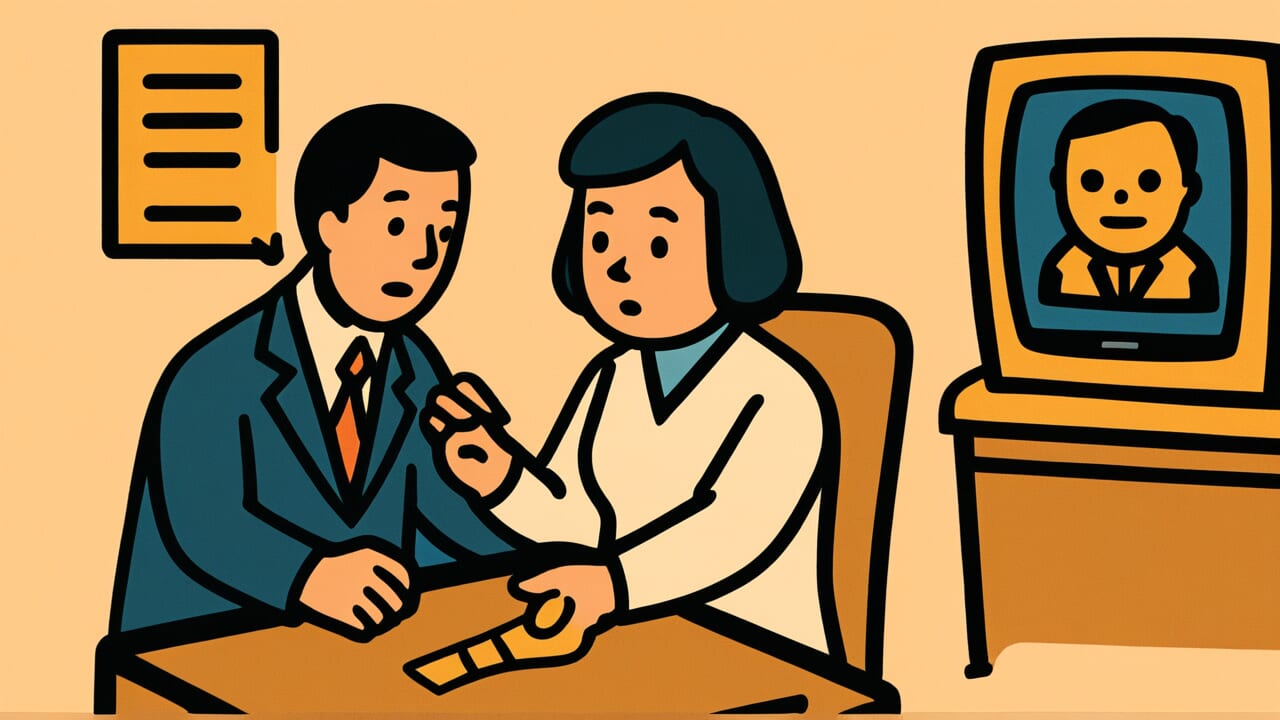How to Read “To know what you don’t know is true knowledge”
Shirazaru wo shirazu to nase, kore shiru nari
Meaning of “To know what you don’t know is true knowledge”
This proverb means that honestly admitting what you don’t know is real knowledge and true wisdom. It teaches the importance of accepting your own ignorance honestly, rather than pretending to understand or acting like you know something when you don’t.
People use this saying when someone feels ashamed about not knowing something. It’s also used when someone tries to save face by pretending they know. The proverb can guide people to have the courage to admit their own ignorance.
In today’s world, this teaching has gained new value. We live in a society overflowing with information. It’s impossible to know everything.
People who understand the limits of their knowledge can actually learn and grow more. Admitting ignorance isn’t shameful. It’s the first step toward learning. The proverb represents a positive attitude toward growth.
Origin and Etymology
This saying comes from the teachings of Confucius recorded in the ancient Chinese classic, the Analects. It appears in the chapter called “Wei Zheng.” Confucius spoke these words to his disciple Zilu. The original Chinese text reads “知之為知之、不知為不知、是知也.”
In Confucius’s time, many intellectuals acted as if they knew things they actually didn’t. Some wanted to maintain their authority. Others simply didn’t want to feel embarrassed. This created an atmosphere where people couldn’t admit when they didn’t understand something.
In this situation, Confucius questioned what true wisdom really means.
This teaching came to Japan and took root in the form of classical Chinese reading style. The old-fashioned expressions like “shirazaru” and “nase” remain because this saying has such a long history.
Confucius believed that honesty about one’s ignorance matters more than showing off knowledge. This idea deeply influenced Japanese educational values across the centuries. The saying continues to offer us important insights about what true intelligence means.
Usage Examples
- When asked about the new system, I honestly said I didn’t know, following “To know what you don’t know is true knowledge”
- He’s an admirable researcher who practices “To know what you don’t know is true knowledge” by never pretending to know things outside his expertise
Universal Wisdom
Humans have a strange quality. We often find it easier to pretend we know something than to admit we don’t. Why is this? Because admitting ignorance feels like it lowers our value. Especially in front of others, we want to appear competent and earn respect.
However, wise people throughout history saw through this human weakness. They realized that truly smart people aren’t those who know everything. They’re those who know what they don’t know. This isn’t just advice about being humble. It contains a deeper truth.
People who can’t admit their ignorance stop growing at that point. If you pretend to know, you have no reason to learn anymore. On the other hand, people who can admit they don’t know something can start learning from there. They can ask questions. They can seek teaching.
In other words, awareness of ignorance is the key that opens the door to knowledge.
This proverb has been passed down for thousands of years. That’s because this aspect of human nature never changes across time. No matter how much science advances or information increases, people still show off and pretend to know things. That’s why these words still resonate with us today.
When AI Hears This
The human brain has a strange blind spot. To accurately evaluate your ability in a field, you need high ability in that field. In other words, people without knowledge can’t even recognize the fact that they lack knowledge. This is the core of the Dunning-Kruger effect, proven by cognitive science.
Experimental data clearly shows this paradox. Students who scored in the bottom 12 percent on a test predicted they were in the top 38 percent. Meanwhile, top students estimated their ranking lower than it actually was.
Why does this happen? Because “the ability to notice mistakes” and “the ability to get correct answers” come from the same knowledge base. People who can’t cook well can’t judge what’s wrong with their cooking. That judgment itself is part of cooking skill.
What’s important here is that the graph of knowledge level versus confidence doesn’t simply slope upward. Beginners have high confidence without basis. When they learn a little, their confidence drops sharply. Then when they become true experts, they develop an appropriate level of confidence.
In other words, you can’t reach true understanding without going through the stage of “being aware you don’t know.”
Understanding this cognitive structure shows why “knowing what you don’t know” is evidence of intelligence. It’s proof that the brain’s self-evaluation system is working properly.
Lessons for Today
In modern society, anyone can easily share opinions through social media and the internet. In such times, this proverb’s teaching becomes even more important.
When you say you “don’t know” something, it’s never embarrassing. Rather, it’s proof of honesty and the first step toward growth. Whether at work or school, have the courage to say when you don’t understand something. Real learning begins at that moment.
Today especially, specialized fields have become so divided that one person can’t know everything. In an era of teamwork, people who can honestly communicate their strengths and weaknesses become trusted. Pretending to know always backfires eventually and causes you to lose trust.
Also, admitting “I don’t know” creates opportunities for others to teach you. People feel happy when others rely on them. Your honesty will bring new relationships and learning opportunities.
The humility to admit ignorance is the compass that guides you to true wisdom.



Comments